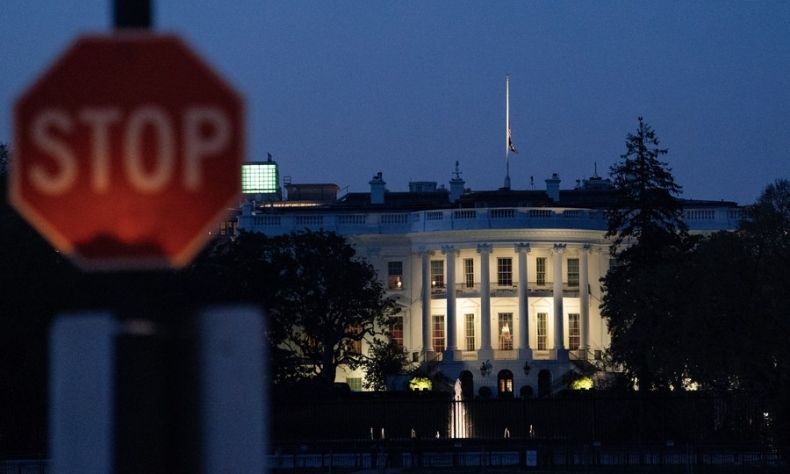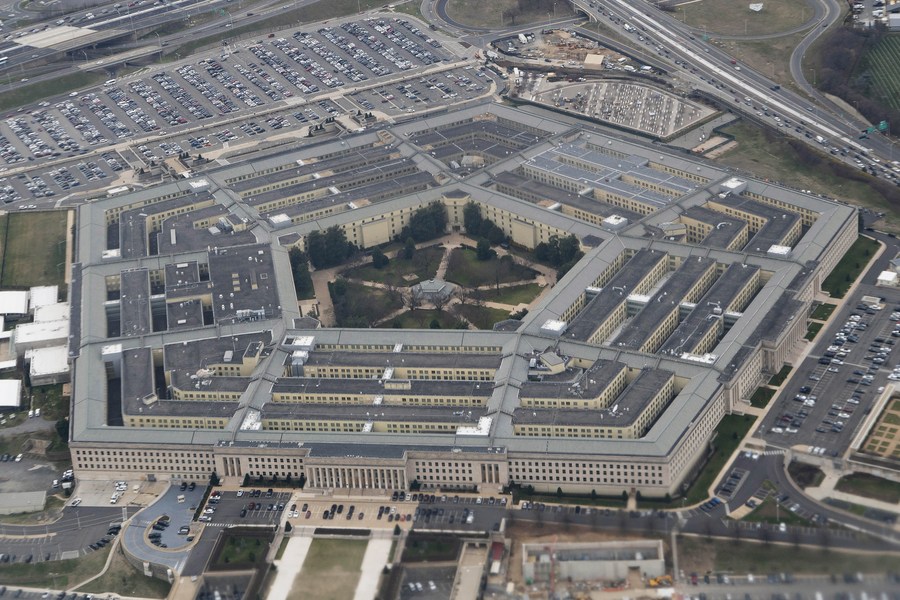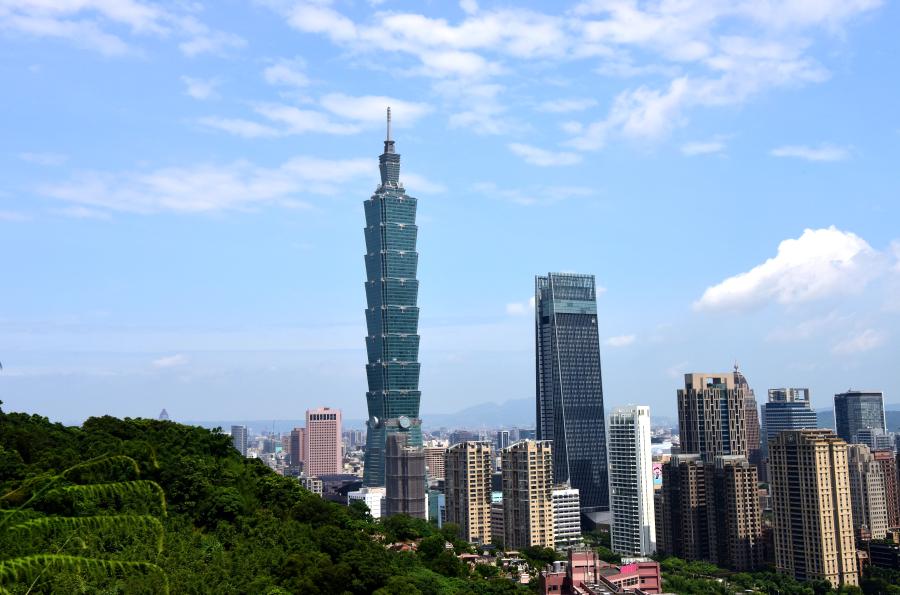U.S. Continues to Destabilize Peace Across Taiwan Strait

A few hundred million dollars here and another few hundred million dollars there – taxpayers’ dollars, remember – will always be found to arm Taiwan island.
During those times when the United States is not at war – and let’s be honest and admit that there are not many – the war machine must carry on. Weapons must be produced, and then they must be either used or sold to an ally. And, yes, advocates for the war machine consistently play their role in this farce by claiming that the production of such weapons is the only way to prevent aggressive acts by America’s enemies.
China’s Taiwan island continues to be one of those narratives that argue for U.S. arms sales. Over the past six-and-half years, a period that covers all of Donald Trump’s presidency and the first two-and-half of Joe Biden’s, the United States has shipped an estimated $22.5 billion (approximately $18.7 billion under Trump and approximately $3.8 billion under Biden) in military equipment to Taiwan region. The latest sale – worth an estimated $345 million – was authorized by Biden a few days ago. And it marks the first time that Biden uses the Presidential Drawdown Authority to provide military aid for Taiwan region.
To put that $22.5 billion in perspective, Canada’s entire defense budget is $27 billion, Spain’s is $20 billion, and Norway and Sweden combined come in at $16 billion. In fact, that $22.5 billion by itself would make the U.S. the 16th largest defense spender in the world.
In early July, China again reminded the world that the U.S. continues to raise tensions on the mainland and the island whenever it completes such sales to Taiwan. On August 2, China’s foreign ministry said in a statement that “U.S. provision of military aid for China’s Taiwan region seriously violates the one-China principle and the stipulations of the three China-U.S. joint communiqués, especially the August 17 Communiqué. Such moves seriously undermine China’s sovereignty and security interests, and harm China-U.S. relations and peace and stability across the Taiwan Strait.”

One can hardly find any U.S. politician who will publicly acknowledge that the repeated arms sales destabilize East Asia; those politicians gleefully take financial contributions from the defense industry. According to Open Secrets, at least 20 members of Congress received at least $167,000 from such companies in 2022. Only the naivest of people would refuse to believe that such contributions would dry up in a second if any criticism was directed at the military-industrial complex.
Remember, federal law requires the U.S. to consistently feed weapons to the island. That authority is embedded in the Taiwan Relations Act, which was enacted in April 1979, four months later after the establishment of formal diplomatic ties between the United States and the People’s Republic of China. Voices of concern about militarizing Taiwan are out there, but they are too often drowned out by the never-ending bloviations of Washington politicians and think tanks that fabricate the narrative that Chinese mainland is a big threat that will attack Taiwan in the coming years.
The latest suggestion that “China cannot be trusted” comes from the Council on Foreign Relations. In a report released in June, CFR insisted that “the United States and China are drifting toward a war over Taiwan. To avoid such an outcome, the United States must restore balance to a situation that has been allowed to tilt far too much in China’s favor.” The report’s authors assert that the U.S. government must “explain to the American people why Taiwan matters and why they should care about its fate.”
The American public appears skeptical. One poll, released earlier this year, found that roughly four in ten Americans were unsure if the U.S. should take part in any military conflict between Chinese mainland and Taiwan island. Meanwhile, Washington ought to remember that Japanese and Australian citizens would not want their militaries to enter such a battle.

Washington elites appear unwilling to publicly acknowledge such realities. Instead, they always remind domestic and international audiences that the U.S. must maintain the “one-China policy” yet they also demand America do all it can to aggravate China. The logic is almost Orwellian: do, but do not; endorse, but ignore. Credit to China, which continues to show restraint, using only words to indicate its disgust.
Weeks before Biden entered the White House, the CATO Institute, a prominent libertarian think tank in Washington, said the time had come for the U.S. to rethink its arms sales to Taiwan. CATO argued that Taiwan would stand no chance of succeeding in any war against Chinese mainland unless the U.S. joined the fight. CATO also noted that selling arms to Taiwan also “creates a moral hazard that could make things even worse. By giving Taiwan’s leaders greater confidence in American support, arms sales may encourage them to engage in provocative behavior that aggravates China and in turn, encourages Beijing to act more aggressively. The greater the chances for conflict between Taiwan and China, the greater the prospects that the United States winds up in a shooting war with a nuclear‐armed adversary.”
The current political climate in the U.S. guarantees that Taiwan can count on receiving a seemingly never-ending supply of weapons. Democrats and Republicans do not agree on much, but they will work together to antagonize China. And with the 2024 presidential election already a regular news story, Biden, who wants to be re-elected, and Trump, who desperately wants to return to the Oval Office, cannot allow reasoned thought to get in the way of political rhetoric.
So, a few hundred million dollars here and another few hundred million dollars there – taxpayers’ dollars, remember – will always be found to arm Taiwan island.
The article reflects the author’s opinions, and not necessarily the views of China Focus.
 Facebook
Facebook
 Twitter
Twitter
 Linkedin
Linkedin
 Google +
Google +







